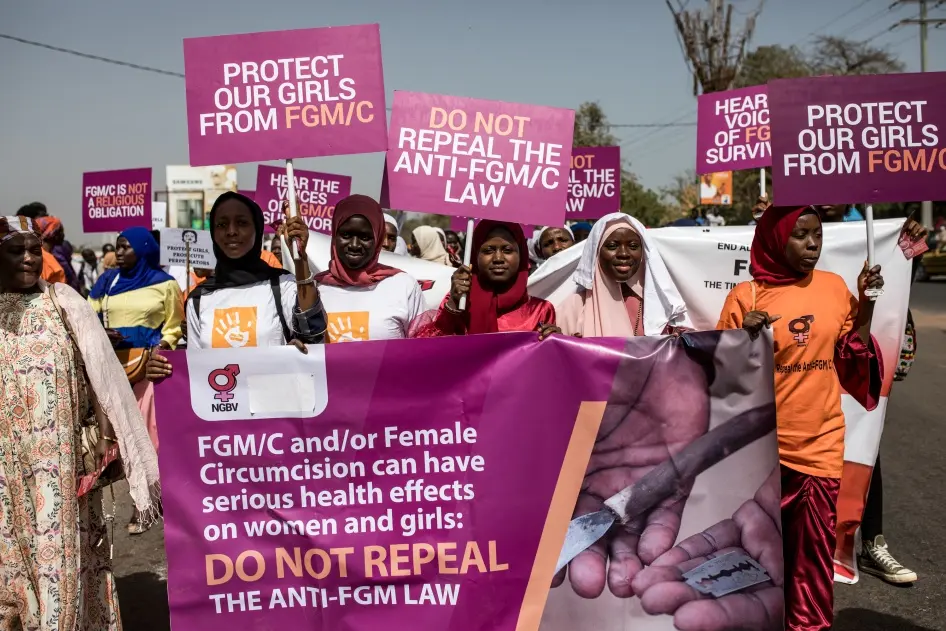Lawmakers in Gambia on Monday upheld a law that prohibits female genital cutting, rejecting a bill that sought to overturn the ban. The West African nation’s attempt to become the first to reverse such legislation garnered international attention and was closely monitored by activists.
The decision followed months of intense debate in the predominantly Muslim nation of less than 3 million people. Lawmakers effectively blocked the bill by rejecting all its provisions, preventing it from advancing to a final vote.
Female genital cutting, also known as female genital mutilation, involves the partial or complete removal of external female genitalia, often performed by traditional practitioners using tools like razor blades, or occasionally by health workers. The practice, prevalent in parts of Africa, can lead to severe bleeding, complications during childbirth, and even death.
Activists and human rights organizations feared that reversing the ban would undermine years of efforts to eradicate the centuries-old practice, often inflicted on girls under 5 years old in the name of sexual purity and control.
Supporters of the ban’s reversal, led by religious conservatives, argued that it was a tenet of Islam.
After the vote, activist and survivor Absa Samba expressed relief, saying, “It’s such a huge sense of relief. But I believe this is just the beginning of the work.”
Another activist and survivor, Fatou Baldeh, emotionally questioned the ordeal, asking, “Why have we been put through this for 11 months? Why have we been forced to relive our traumas?”
“In Gambia, more than half of women and girls aged 15 to 49 have undergone the procedure, according to United Nations estimates,” the report added.
Female genital cutting can cause long-term health problems including urinary tract infections, menstrual issues, pain during sex, complications during childbirth, depression, and post-traumatic stress disorder.

